What is macroprolactin and why is it measured?
Macroprolactin (MCPRL) is a biological protein marker found in the blood of individuals showing symptoms of hyperprolactinemia, or elevated prolactin levels. It is a biologically inactive complex of prolactin monomers and immunoglobulin G (IgG). Prolactin in this complex is detected by most prolactin immunoassays, and thus contributes to the overall measured concentration of prolactin in plasma. Macroprolactin remains in the plasma longer than uncomplexed (monomeric) prolactin, which can lead to elevated prolactin levels in the plasma, even though the patient does not experience clinical symptoms of hyperprolactinemia.
Why and when is a macroprolactin test performed?
 The macroprolactin test is performed to determine whether elevated prolactin levels are due to the presence of this protein (macroprolactin) or another underlying condition. Approximately 15% of hyperprolactinemia cases are due solely to the presence of macroprolactin, though its presence does not rule out a true increase in monomeric prolactin. Macroprolactin concentration is measured if elevated prolactin levels are confirmed in the blood, or at a doctor’s request if prolactin results do not align with the clinical picture. Macroprolactin is identified using methods that remove macromolecular complexes from plasma through precipitation. This allows for the accurate estimation of biologically active monomeric prolactin. Elevated prolactin levels due to increased macroprolactin concentration do not cause symptoms of hyperprolactinemia (e.g., impotence, galactorrhea). The macroprolactin test is crucial for providing a more accurate diagnosis and appropriate treatment. Identifying macroprolactin can help prevent unnecessary medical procedures and reduce healthcare costs.
The macroprolactin test is performed to determine whether elevated prolactin levels are due to the presence of this protein (macroprolactin) or another underlying condition. Approximately 15% of hyperprolactinemia cases are due solely to the presence of macroprolactin, though its presence does not rule out a true increase in monomeric prolactin. Macroprolactin concentration is measured if elevated prolactin levels are confirmed in the blood, or at a doctor’s request if prolactin results do not align with the clinical picture. Macroprolactin is identified using methods that remove macromolecular complexes from plasma through precipitation. This allows for the accurate estimation of biologically active monomeric prolactin. Elevated prolactin levels due to increased macroprolactin concentration do not cause symptoms of hyperprolactinemia (e.g., impotence, galactorrhea). The macroprolactin test is crucial for providing a more accurate diagnosis and appropriate treatment. Identifying macroprolactin can help prevent unnecessary medical procedures and reduce healthcare costs.Is special patient preparation needed?
The test does not require special preparation before visiting the laboratory. The sample should be provided three to four hours after waking up and in a relaxed state, due to the effects of prolactin’s circadian rhythm and stress on its release. If test results are borderline, it is recommended to repeat the test multiple times. Patients should minimize exposure to stress, avoid medications that raise prolactin levels, and refrain from physical exercise and protein-rich diets before the test.







 Neparno 10
Neparno 10